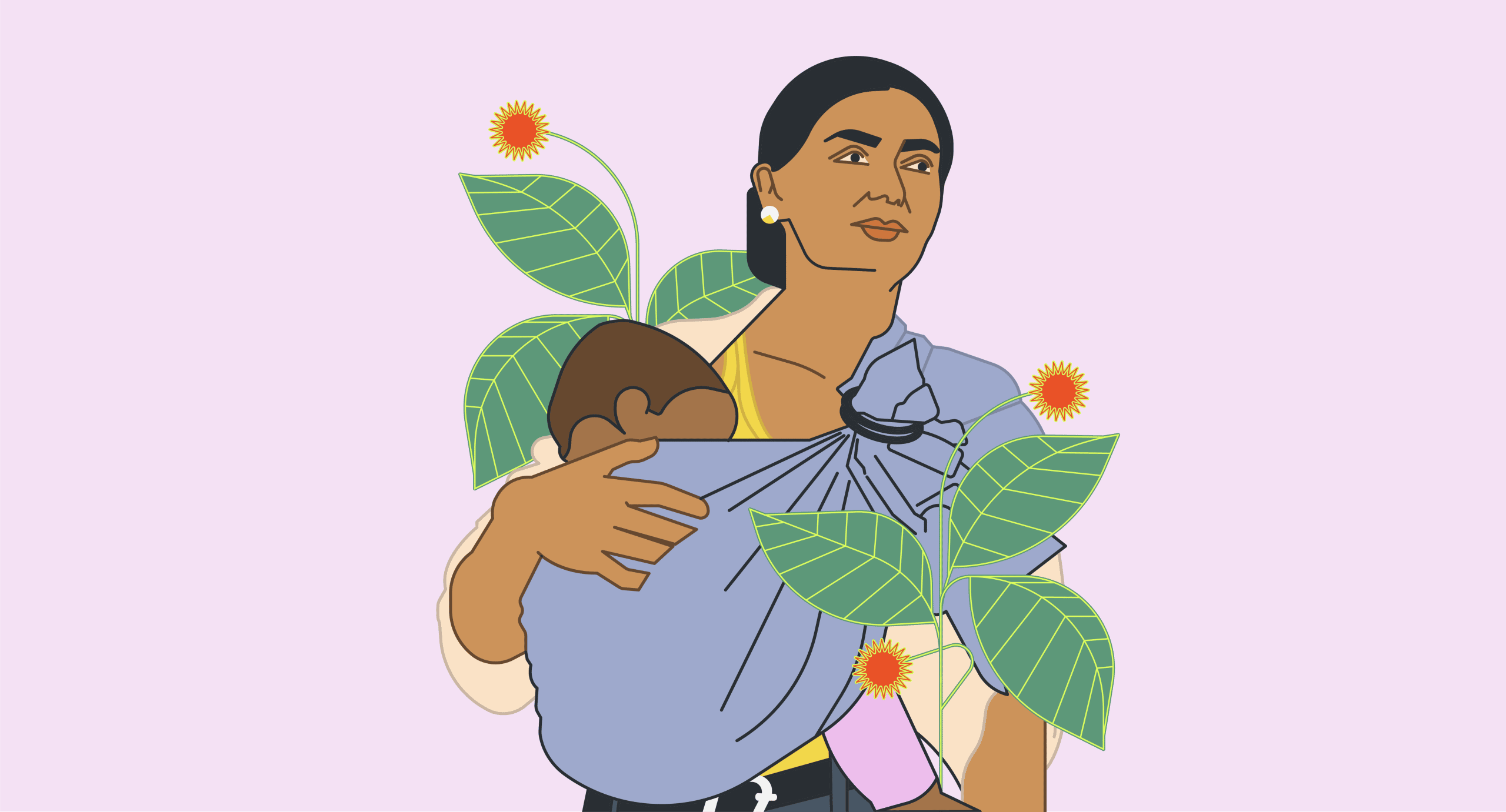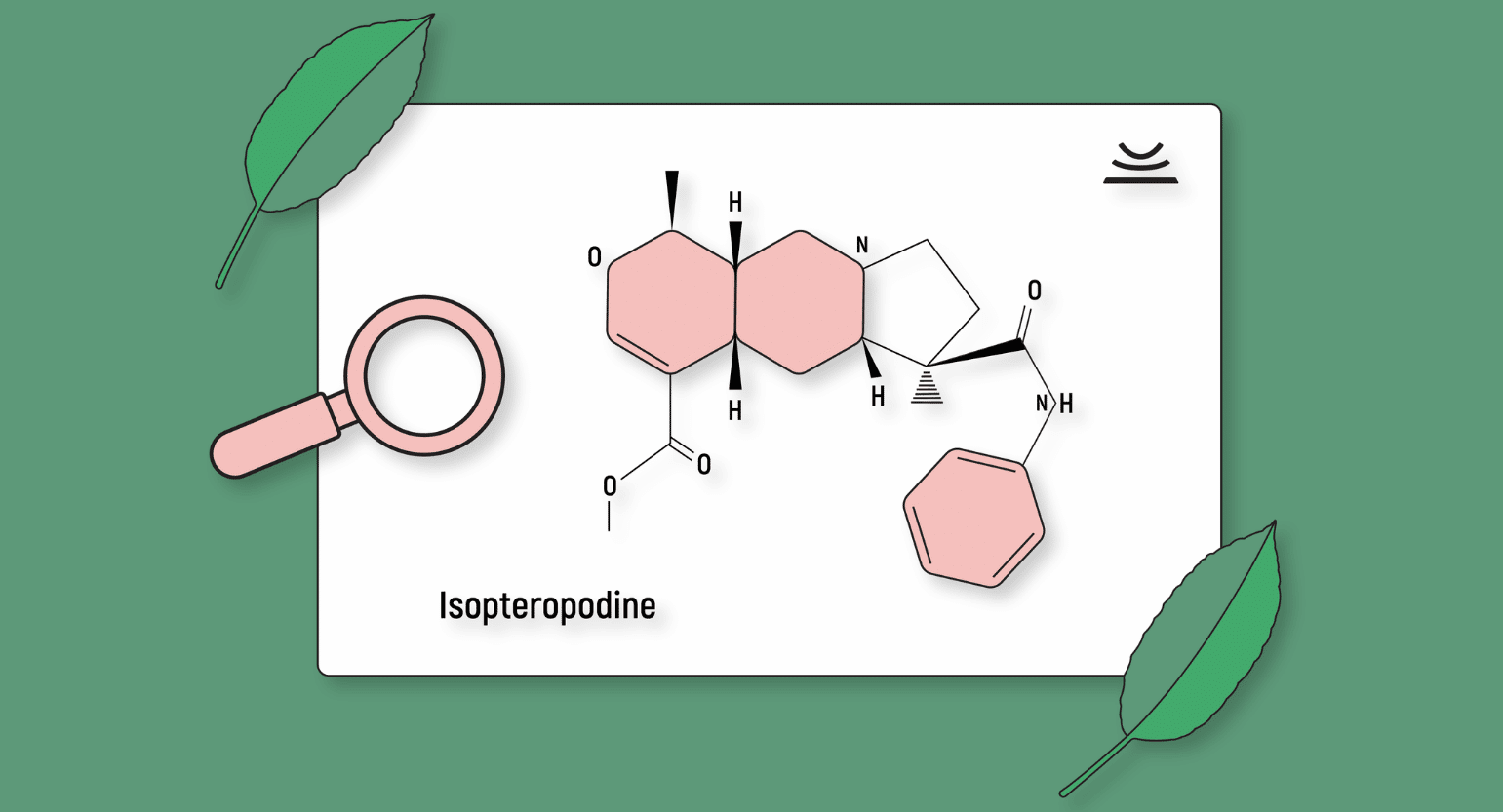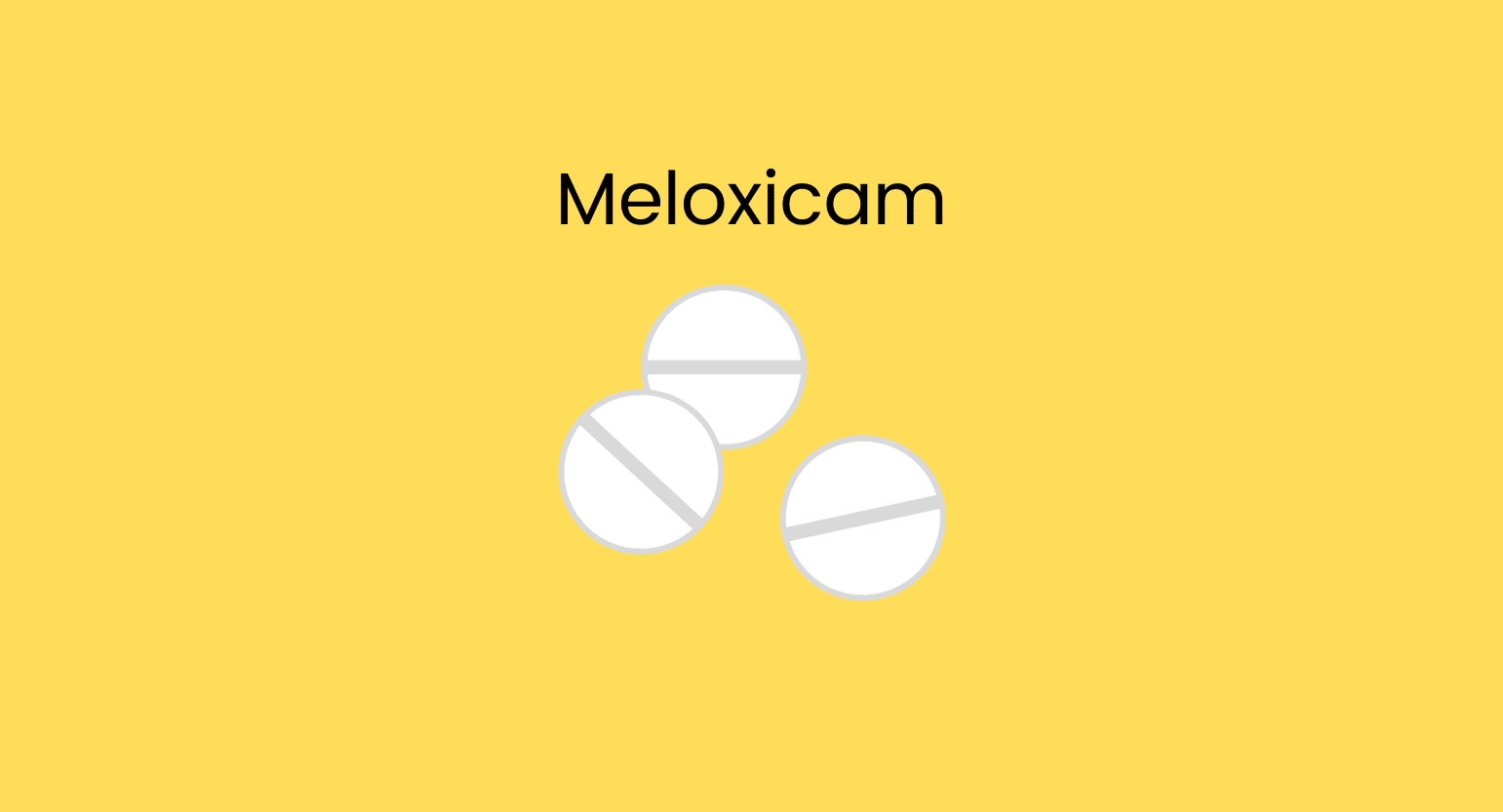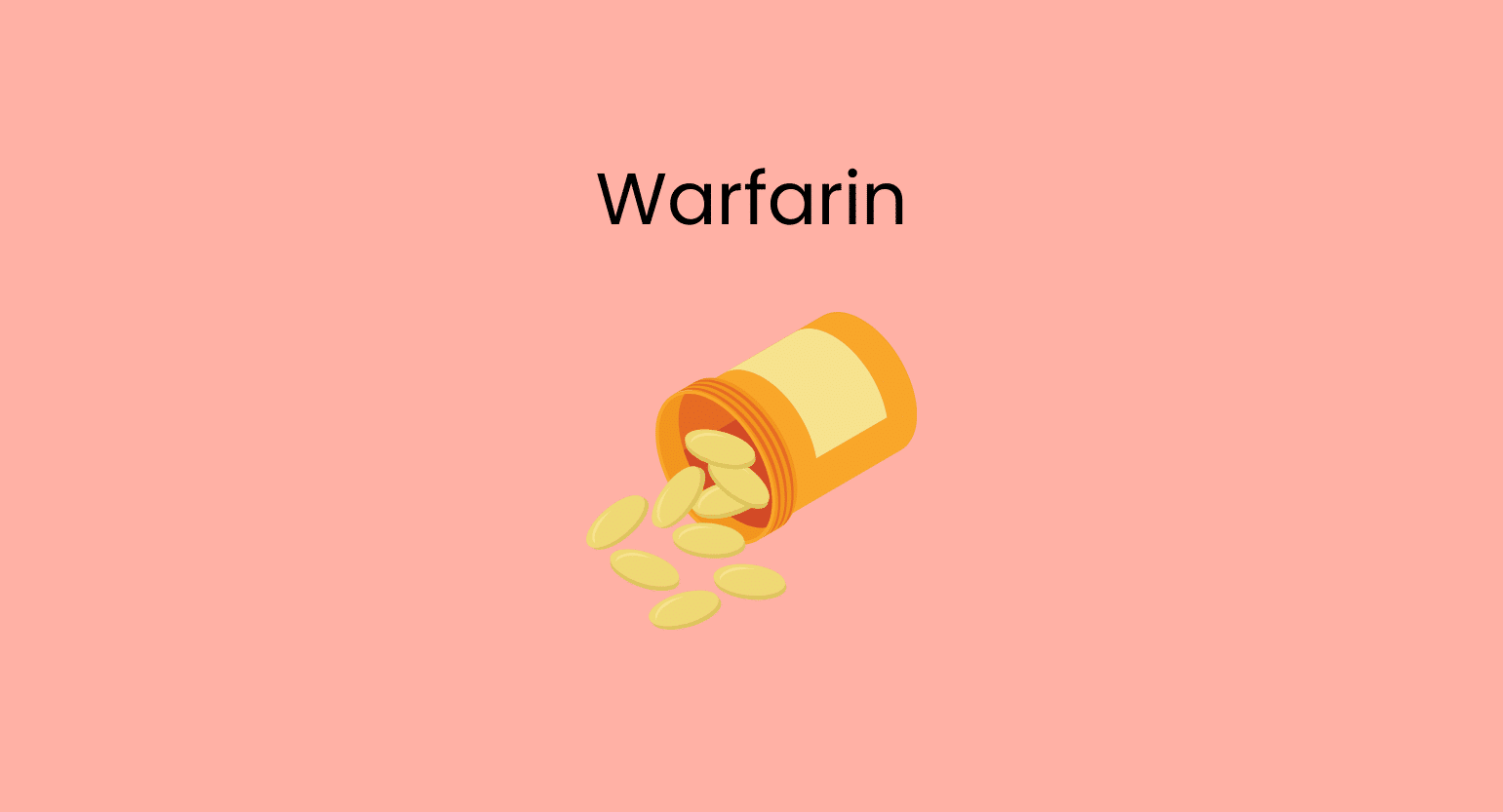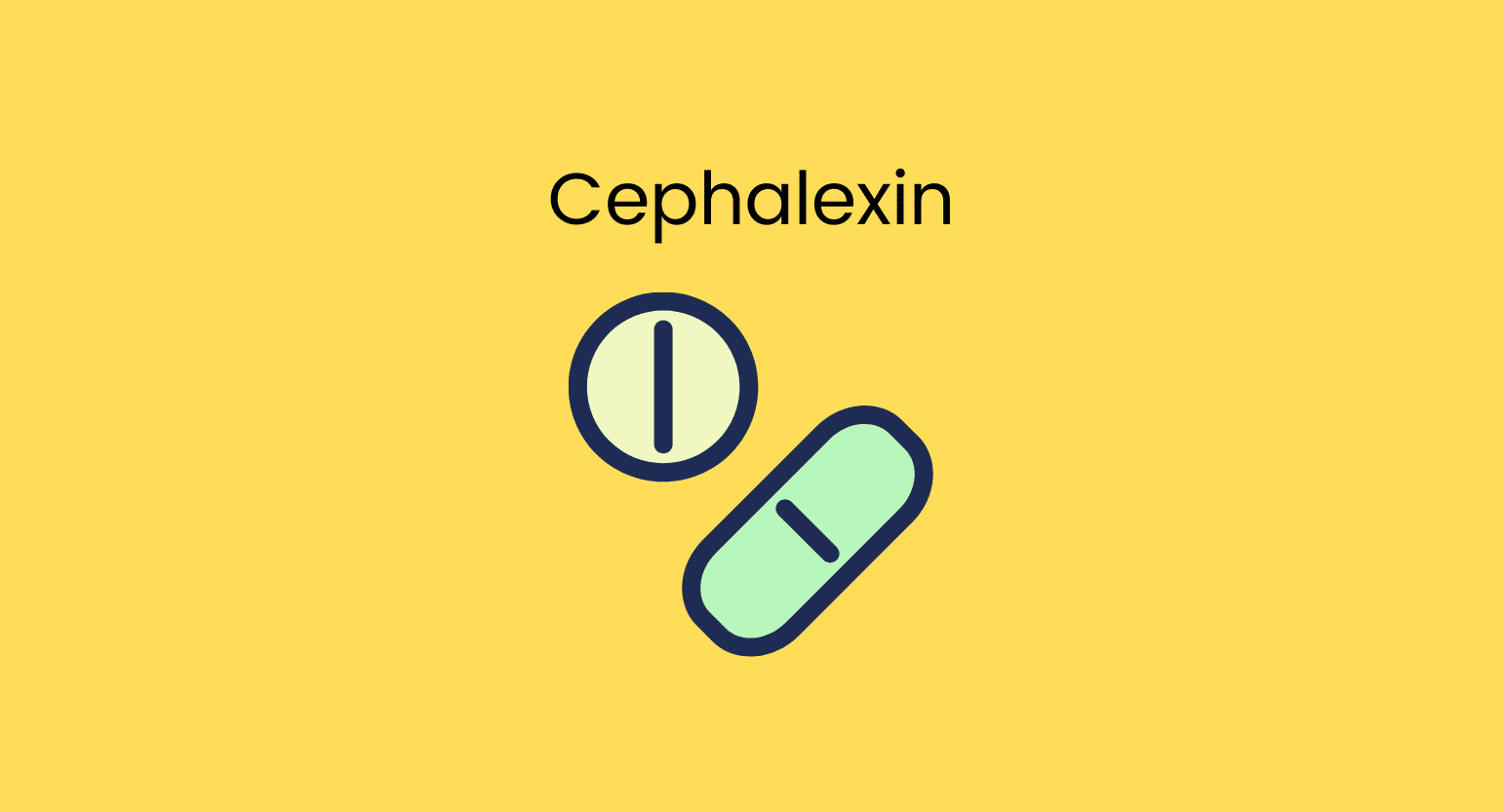Kratom & Breastfeeding: What the Research Says
Let’s start by saying there is little to no research on how kratom affects breastmilk. We’ll have to look at the research in other areas to come to some loose theories.
Kratom & Pregnancy
Some research indicates newborns will go through withdrawal from kratom, which you’ll want to avoid. The study revealed symptoms of neonatal abstinence syndrome in 5 out of 6 infants. The symptoms began between 6-8 hours after birth and lasted up to 5 days post-birth [1,2].
The five infants in the study that displayed withdrawal symptoms were treated with a morphine weaning protocol. One of the infants was administered morphine and switched to clonidine after signs of oversedation. Unfortunately, this infant developed sinus bradycardia on both clonidine and morphine.
Another one of the infants exposed to maternal daily use of 18-20 grams 3x per day developed abstinence symptoms two days after birth. The symptoms included jitteriness, irritability, feeding intolerance, and emesis that required IV morphine 10 mg/kg/h.
Using kratom during pregnancy appears to cause some degree of dependency in the newborn. The severity depends on how much and how frequently you are ingesting kratom.
Therefore, you should stop using kratom if you become pregnant. As research indicates, kratom use may result in abstinence syndrome. In addition, it could also require your newborn to be put on heavy drugs like morphine to wean them off, resulting in more complications such as over sedation and sinus bradycardia.
Related: Is Kratom Safe During Pregnancy?

Opioids & Breastfeeding
Kratom is an opioid receptor agonist, meaning it activates them [3]. This is why kratom is so effective as a pain-reliever. In fact, many people use it to replace their prescription drugs.
Because its actions are similar to opioids, we can see if other opioids are safe while breastfeeding and apply it to kratom — again, very loosely since kratom is not an opioid.
Opioids generally transfer to breastmilk — especially with higher doses — to some degree, making their use risky. Low amounts of morphine and codeine are commonly used by breastfeeding mothers with minimal issues, though studies are unclear about their long-term use [4, 5]. However, newborns are sensitive to even small amounts of opioids [6].
SSRIs & Breastfeeding
Kratom also interacts with serotonin receptors, giving it strong antidepressant effects [7].
Selective serotonin reuptake inhibitors (SSRIs) are detected in human milk, but no adverse effects in the breastfeeding babies were noted in the short term. Some SSRIs are considered safer than others [8].
The benefits and necessity of treating depression often outweigh the risk of using SSRIs while breastfeeding, although this is best determined case-by-case [9].

Is There A Way To Use Kratom Safely While Nursing?
There are a few helpful rules regarding medications and breastfeeding [10].
- Avoid all unnecessary medications, safe or not.
- If the medication is necessary, control the dose and take as little as possible.
- Monitor the breastfeeding child for adverse symptoms.
- Take the medication right after the baby eats to allow for the drug to clear.
- Pumping and disposing of the breast milk, known as pump and dump, can help reduce exposure.
- Bottle-feed if the baby needs to eat soon after taking the medication.
If you plan to use kratom while breastfeeding, consider limiting use to control which batches of breastmilk are safe for consumption.
You can use the typical pump and dump method to achieve this. For example, instead of allowing your baby to drink your breast milk at a particular time after using kratom, you use a breast pump to extract the milk, collect it, and then dispose of it.
Many nursing moms will breastfeed for a while until their baby is satiated, and once finished, they will use their substance of choice. Then, two to four hours later, they will pump and dump their milk, and afterward, they will nurse their baby again.
Keep in mind this isn’t going to eliminate all of the kratom from your breastmilk, and your baby will still likely be receiving trace amounts. There is no way to know how much your baby is getting even when you use this method, but it’s a better practice than ingesting potentially harmful substances and nursing immediately afterward.
Kratom: Is It the Safer Alternative?
Centuries ago, dating back to the mid-1800s, kratom was used as a popular alternative to opioids in Malaysia. Kratom was first recorded in literature in 1836, where a paper described and examined the use of kratom leaves by natives as a substitute for opium. Later on, in the 1900s, surrounding Southeast Asian regions began to use herbal medicine.
Today, many individuals use kratom to manage withdrawal symptoms. Kratom has helped countless opioid users get off prescription meds and street drugs like oxycodone and heroin.
Kratom also helps with other issues, such as helping you sleep better and boosting energy levels. Since kratom is natural, it appeals to those struggling with issues that typically require the use of potent or addictive prescription medications.
Pregnancy and postpartum come with their fair share of depression, pain, stress, poor sleep, and an immense lack of energy, so many women are naturally curious about whether or not kratom can help them get through it.
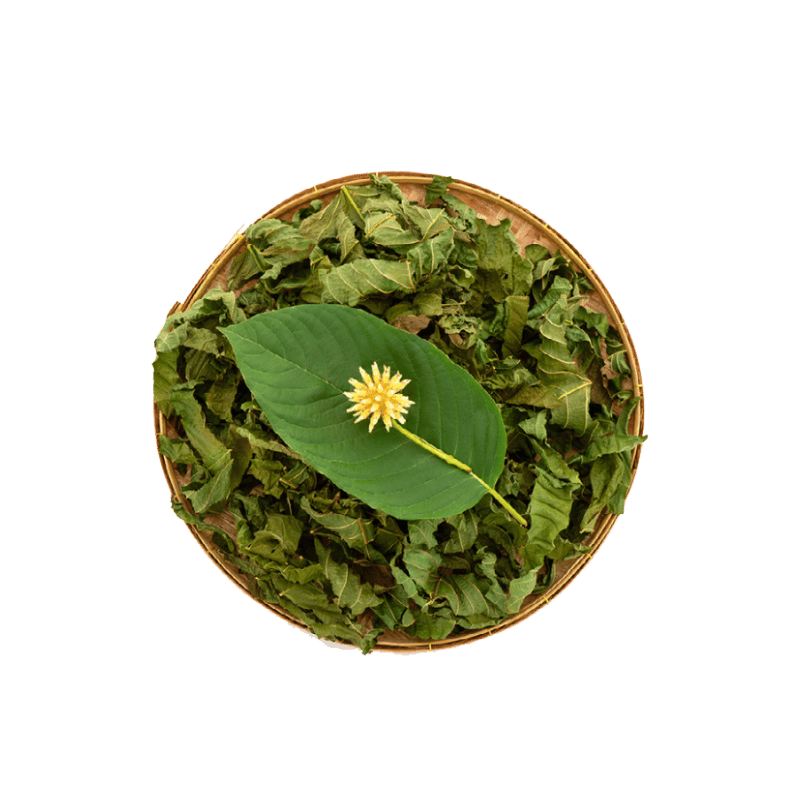
Natives of Southeast Asia used kratom to treat various ailments decades ago, and it is still used today in countries where it’s legal.
Traditional uses of kratom include:
- Increasing energy (stimulant)
- Promoting appetite
- Boosting libido
- Managing blood pressure
- Healing wounds (poultice)
- Used as a local anesthetic
- Used as an antidiabetic
- Used as a cough suppressant
- Controlling chronic pain
- Relieving diarrhea
- Reducing fever
While you will be able to find plenty of women online who have or currently are taking kratom while breastfeeding or pregnant, it doesn’t necessarily mean it’s a good idea. The same goes for it being natural. Unfortunately, natural doesn’t always mean it is safe.
Many women are typically afraid to be open about their kratom use with their doctors due to fear of consequences or CPS involvement. However, if kratom is entirely legal in your state and you are honest with your doctor from the start, you shouldn’t be too worried.
If you are going to use kratom during pregnancy or while breastfeeding, it’s best to speak with your doctor so they can monitor you and your baby closely.
Using kratom as a form of self-treatment for pregnancy or post-pregnancy symptoms is not recommended since there is so much we still do not know. With time, more studies will probably surface surrounding the subject, but until they do, you have to weigh the risks and decide whether or not to take the chance.
Sometimes kratom is the safer choice if you absolutely need medication, and the traditional drug is addictive or otherwise dangerous to breastfed babies. Since kratom interacts with certain medications, always ask your doctor before combining them.
Ultimately, you need to weigh the risks and benefits alongside what we do and do not know. With a doctor’s guidance and personal awareness, you can choose what’s best.

A Final Word: Kratom & Breastfeeding
There is still so much we don’t know about kratom and breastfeeding. If you are unable to stop using kratom and you are breastfeeding or pregnant, consult your doctor so they can monitor you and ensure you are both safe throughout the entire process. Consulting your doctor is the best course of action to keep your baby healthy.
Babies can absorb certain substances through breast milk, resulting in dependency. Just like women shouldn’t smoke cigarettes or drink alcohol while nursing or pregnant, the same can be said about kratom. Minimizing the risk to your baby should be a top priority. So, if you plan on breastfeeding, you should also plan to put your kratom on the shelf for that period if possible.
- Eldridge, W. B., Foster, C., & Wyble, L. (2018). Neonatal abstinence syndrome due to maternal kratom use. Pediatrics, 142(6).
- Wright, M. E., Ginsberg, C., Parkison, A. M., Dubose, M., Sherbondy, M., & Shores, E. (2021). Outcomes of mothers and newborns to prenatal exposure to kratom: a systematic review. Journal of Perinatology, 41(6), 1236-1243.
- Chakraborty, S., Uprety, R., Daibani, A. E., Rouzic, V. L., Hunkele, A., Appourchaux, K., … & Majumdar, S. (2021). Kratom Alkaloids as Probes for Opioid Receptor Function: Pharmacological Characterization of Minor Indole and Oxindole Alkaloids from Kratom. ACS Chemical Neuroscience, 12(14), 2661-2678.
- Hale, T. W., & Krutsch, K. (2021). Opioid use in breastfeeding mothers and neonatal risks. Clin. Pharmacol. Ther, 109, 573-575.
- Spigset, O., & Hägg, S. (2000). Analgesics and breastfeeding. Paediatric drugs, 2(3), 223-238.
- Anderson, P. O. (2021). Opioid Use in Breastfeeding. Breastfeeding Medicine, 16(5), 366-369.
- León, F., Obeng, S., Mottinelli, M., Chen, Y., King, T. I., Berthold, E. C., … & McCurdy, C. R. (2021). Activity of Mitragyna Speciosa (“Kratom”) Alkaloids at Serotonin Receptors. Journal of Medicinal Chemistry, 64(18), 13510-13523.
- Pogliani, L., Baldelli, S., Cattaneo, D., Pileri, P., Clementi, E., Cetin, I., & Zuccotti, G. (2019). Selective serotonin reuptake inhibitors’ passage into human milk of lactating women. The Journal of Maternal-Fetal & Neonatal Medicine, 32(18), 3020-3025.
- Gentile, S., & Fusco, M. L. (2019). Antidepressants During Breastfeeding. In Perinatal Psychopharmacology (pp. 99-113). Springer, Cham.
- Kirksey, A., & Groziak, S. M. (1984). Maternal drug use: evaluation of risks to breastfed infants. World review of nutrition and dietetics, 43, 60-79.
